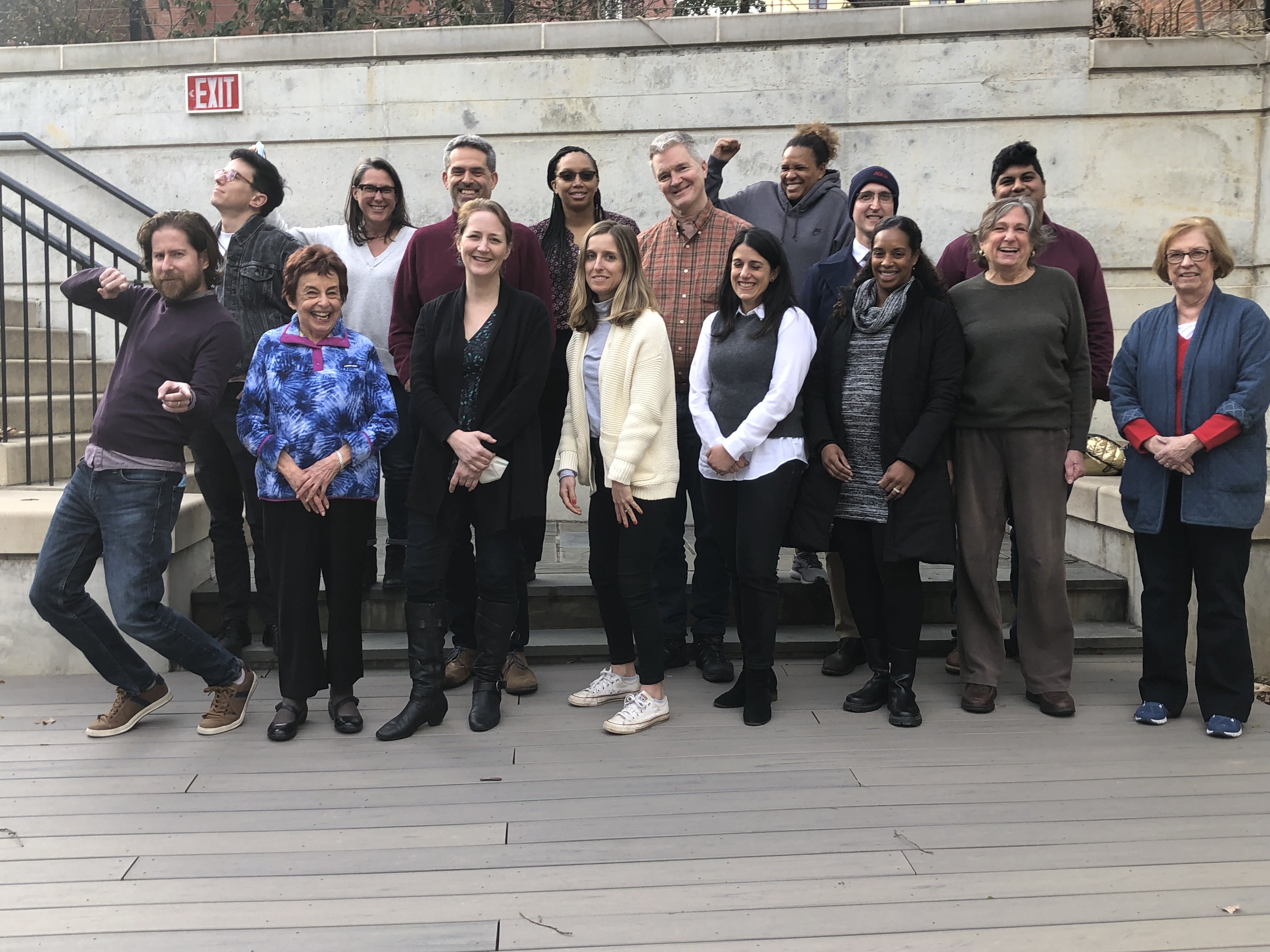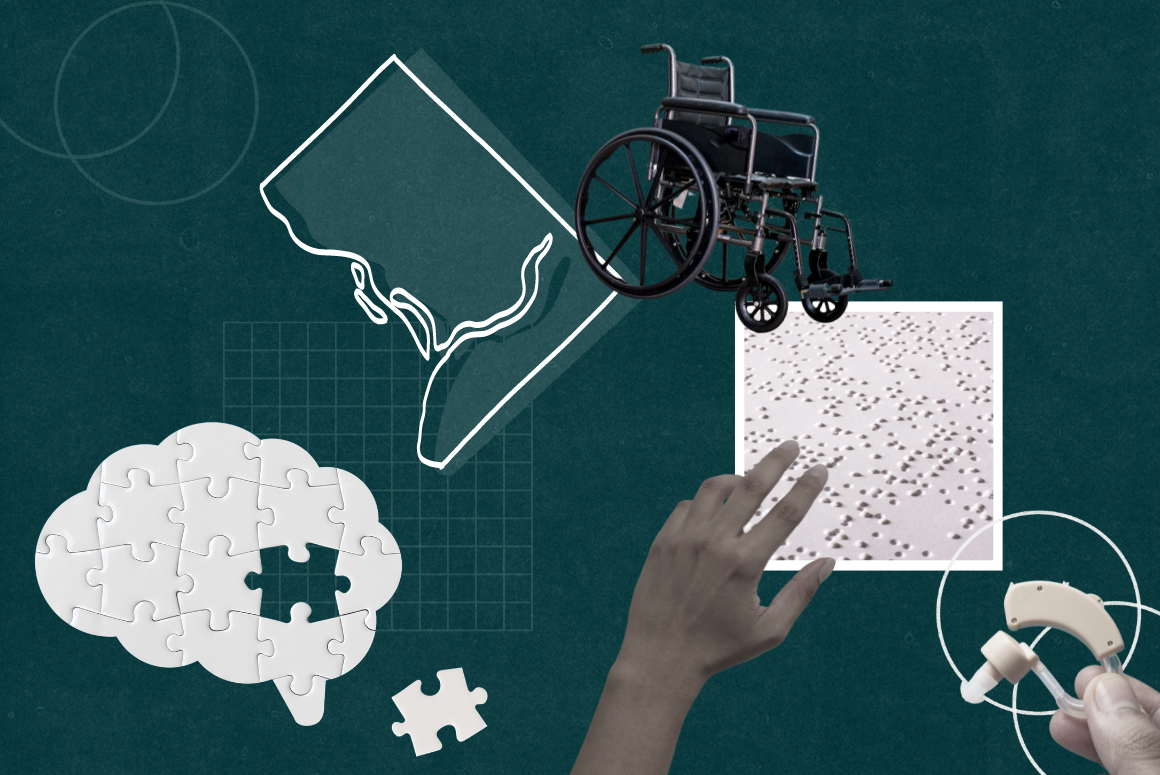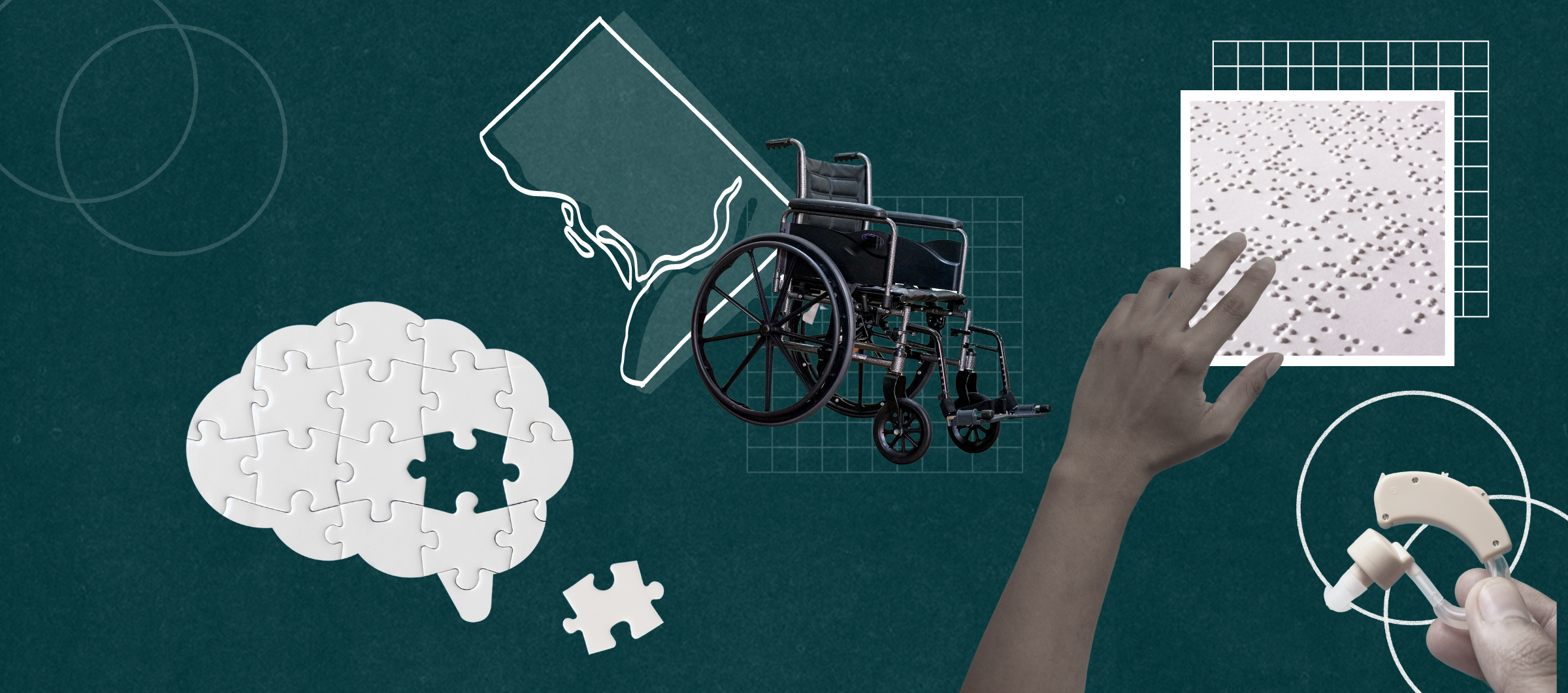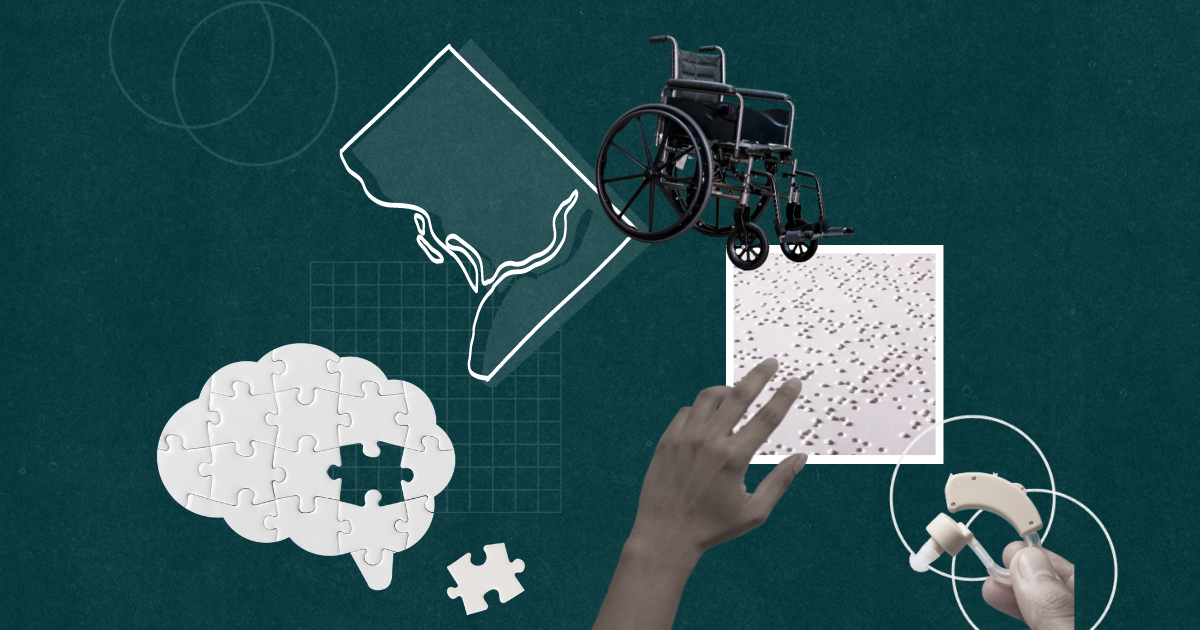Welcome to the 2023 slate of members of ACLU-D.C.’s Board of Directors! Board members serve 3-year terms and are responsible for governance, fiscal stability, and attendance at six meetings each year.
Read a bit about each Board member below and be sure to join the Board, our staff, and all our members at our annual membership meeting this fall.
Nana-Kwabena Abrefah
I am currently a Privacy Associate at Venable LLP. My interest in data privacy was sparked largely by the potential of digital technologies and new data uses to affect how we experience civil rights and liberties as well as the ways civil rights and liberties can inform responsible data uses and technological developments that aid us all. DC has become my home, and I am excited to find new ways to serve my community by supporting the ACLU of D.C.’s mission.
Katie Ali
I have dedicated much of my legal career to litigating issues and causes that make up the core of the ACLU’s mission—representing people whose civil rights have been violated, with a particular focus on ending solitary confinement and the death penalty. A year ago, I launched a women-owned civil rights-focused firm, which covers the criminal legal system from end to end: challenging unconstitutional policing, protecting the constitutional rights of criminal defendants, securing the rights of incarcerated people, and seeking accountability for those wrongfully convicted. I continue to be deeply inspired by the ACLU-D.C.’s unflagging commitment to fight for the rights of the District’s most marginalized residents, and the organization’s wraparound approach to achieving that goal.
Sam Daughety
It has been my privilege to work with this organization in one form or another for more than twenty-five years. My law practice at Dentons US LLP focuses on Native American law and policy. I have advocated for Native peoples and tribes my entire career, helping to protect lands, water rights, sovereignty, cultural resources, and tribal child welfare rights. Before private practice, I served for nearly a decade as an assistant attorney general for the Tohono O’odham Nation of Arizona, a federally recognized Indian tribe, where I advised the Nation’s government and agencies on a wide variety of matters of importance to the Nation and its people.
Gretchen Gates
As a licensed clinical social worker with 10 years of experience, I have had the honor of serving as a witness and ally to many communities and individuals disproportionately affected by civil rights issues in the District. While I am passionate about working with individuals as they recover from adverse and distressing events, I also recognize that change on a higher level is imperative. Policies and legislation have a direct and traumatic impact on DC residents and the individuals I serve. I am determined to continue using my clinical expertise to push these issue areas toward more equity, justice, and progress through my service on the ACLU-D.C. Board.
Kim LeBlanc-Ross
I am a labor and employment attorney for a large non-profit and adjunct professor at a D.C. law school. I am passionate about human rights and civil liberties for the most disadvantaged in our society. I have been involved with the ACLU for many years and strongly believe in the mission of the organization. While my current responsibilities require me to analyze complex factual, legal, and policy issues and determine how best to proceed in a given case, my business background allows me to better analyze the fiscal ramifications of a particular course of action. I look forward to advancing civil rights and civil liberties for all.
Paul Lee
I am committed to helping ACLU-D.C. further its mission in fighting for the rights of historically marginalized, underrepresented, and oppressed communities in our region. I have practiced public interest law in D.C. for over 17 years (my entire legal career) and have resided in the District for over 22 years. I also have other board experience with organizations that align or partner closely with the ACLU-D.C., including Ayuda, the Council for Court Excellence, and the Law Firm Antiracism Alliance. I look forward to bringing connections, creativity, and enthusiasm to the ACLU-D.C. Board.
Toni Parham
I have been in D.C. since 1990 and graduated from Howard University in 1995. I am a Black mother of a young adult navigating life in a place that often shows a sliding scale of access to rights and opportunities. My academic background is in education, and sociology focuses on social problems and environmental impacts on minority populations. I am currently a Federal Government employee with over 25 years of service. I am looking forward to working with the ACLU of D.C. in providing residents the opportunity to live in safe, sustainable, and equitable environments.
Anita Ravishankar
I have worked on policing and community safety issues from a variety of perspectives, including in academia, embedded in a law enforcement agency, and presently as a criminal justice philanthropic funder. Since 2021, I have been a Director of Criminal Justice Research at Arnold Ventures, where I develop and manage the execution of a research agenda to advance effective police reform and innovative community safety strategies. My education and career have equipped me with a deep understanding of the policy issues as well as firsthand knowledge of implementation challenges and opportunities. I am eager to put this experience to use in serving on the ACLU-D.C. Board of Directors.
David Schultz
As a returning citizen, I understand firsthand the challenges that individuals face when re-entering society after serving time in prison. I currently work as the Programs and Communications Coordinator with Negotiation Works, a nonprofit organization that works to amplify the self-realization of individuals from historically marginalized communities. I am committed to working with the ACLU-D.C. to ensure that returning citizens are not unfairly discriminated against or denied their basic rights. I am committed to advocating for policies that support successful re-entry for returning citizens and to help the organization develop innovative strategies for defending civil liberties and creating positive change in our community.
Date
Monday, August 28, 2023 - 5:00amFeatured image





